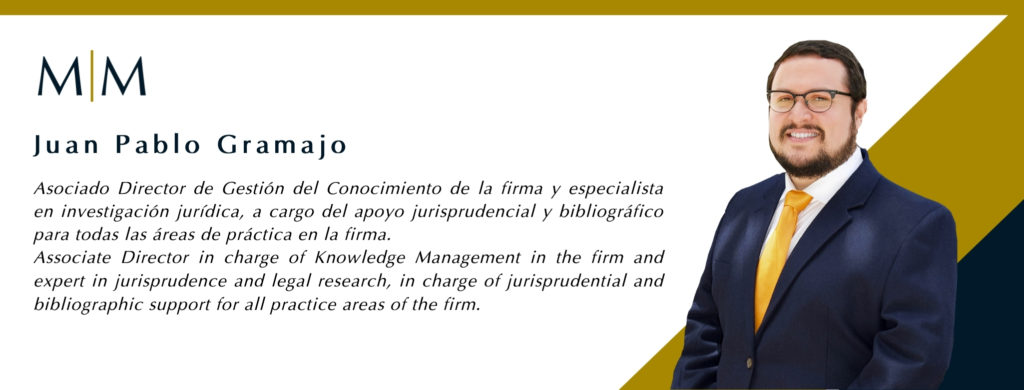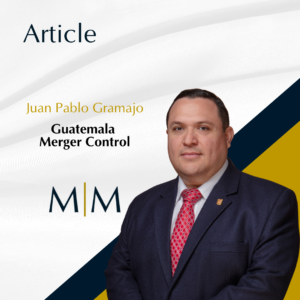By: Suzel Obiols and Juan Pablo Gramajo
Guatemala ratified the International Labour Organization’s (ILO) Part-Time Work Convention No. 175, which came into effect for the country on February 28th 2018. Government Accord 89-2019 was issued as a result, regulating the Convention’s local application. Some of the regulation’s provisions were temporarily suspended by the Constitutional Court, due to several claims of unconstitutionality brought before it.
On July 28th 2021 the Official Bulletin published the Court’s ruling on such claims, declaring them without merit. As a result, the suspended provisions regained their validity, so that Regulation 89-2019 is today in full effect.
The following are some general aspects of the labor contract for part-time work, based on the Convention and its Regulation.
A part-time worker is any employee whose activity has duration shorter than the one set by the Labor Code for ordinary working time (which may be daytime, nighttime or mixed). Every employee hired for part-time has all the same rights and obligations contained in labor law for employees.
The part-time work contract must be executed in writing and presented before labor authorities within 15 working days of its signing. The filing may be done online.
Ordinary working time is the effective time of work during the hour or hours for which the employee was hired. On the other hand, extraordinary working time (overtime) is the effective time of work beyond the ordinary working time hired and set by the contract.
An important consequence of this is that all work carried out beyond the hired hours must be paid as overtime. That is: an employee hired part-time to work five hours a day, but who one day works eight hours, is entitled to be paid for those three additional hours at the rate corresponding to extraordinary time. The employer will not be able to claim that, since the general ordinary working time is eight hours, those hours are still within this limit and must therefore be paid at ordinary rate. On the contrary, what is ordinary and extraordinary time will be governed by the provisions of each contract.
Therefore, special care must be taken to define working time and employee schedules, as well as implementing adequate means to keep correct control of hours effectively worked.
Salary for part-time workers may be stipulated on an hourly basis, so long as it is not lower than the minimum. Minimum hourly wage for non-agricultural activities in 2021 is Q.11.61 (approximately US$.1.55).
This has been one of the most controversial aspects in the national debate regarding part-time work. The Convention and its Regulation, as well as the Constitutional Court ruling, refer to payment of wage according to a proportional calculation on an hourly basis. However, some hold that all workers should receive the full monthly minimum wage, which is currently Q.3,075.10 (approximately US$.410.00) for non-agricultural activities. Employees must comply with legal provisions in force, although this does not exclude the possibility of eventual litigation claiming their interpretation under different criteria. Such cases would set lines of precedent clarifying and providing certainty on the issue for the future.
In any case, it is important to point out that wage proportionality and equality must always be respected. Equal salary must be paid for equal work provided under equal conditions, efficiency and seniority. Failure to abide by this rule, regardless of whether or not minimum wage or part-time work is at issue, may result in claims for salary adjustment due to discrimination.
Calculation of labor benefits must be made in accordance to the provisions of current legislation, proportionate to the monthly wage accrued on the hourly basis. However, the “incentive bonus” must be paid in full, that is, as a minimum monthly amount of Q.250.00 (approximately US$.33.33). This is because such amount has never been calculated on the basis of ordinary wage, working time or hours effectively worked, nor is it regulated that way by law.
Part-time work may be a valuable tool for integrating various persons and sectors into labor formality, especially within the economic reactivation so necessary from the effects of the COVID-19 pandemic. The Labor and Social Security practice group at Mayora & Mayora is in constant updating, study and analysis, in order to support our clients in the correct application of the legal framework aimed at the growth of their activities and their employees.







